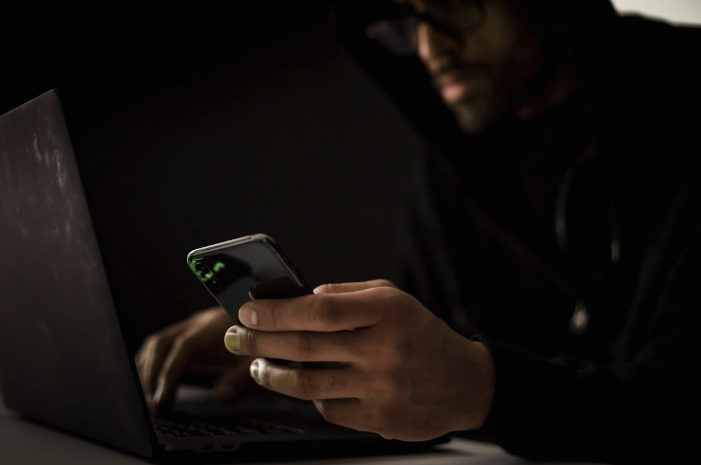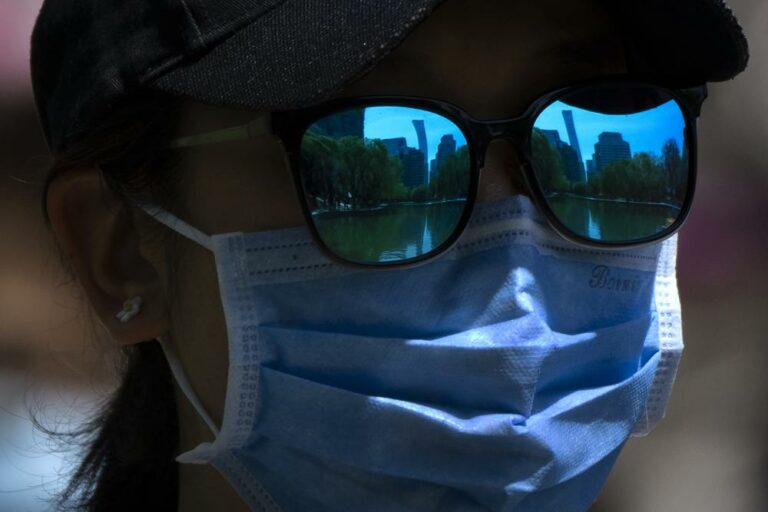Today, we continue to maintain our personal information, such as messages with personal content, financial information, and private images, all stored on our phones. This has become essential to our daily lives. While it is acknowledged that the iPhone is safe, there is no assurance that it will not be hacked. The techniques that hackers incorporate are advancing daily. This allows them to break into people’s devices with their personal data. Thus, this piece discusses the possible weaknesses of the iPhone, talks about the warning signs of an attack on its security mechanism, and provides simple solutions to protect your privacy.
How Can Someone Hack My iPhone?
Smartphones have become essential. Hence, the uncertainty of whether someone can hack my iPhone has gained more relevance. If your iPhone has been hacked, you might be in a pickle. To tell if an iPhone is hacked, you must identify some warning signs. An iPhone hacked leads to confusion and panic. So, to find out if someone did hack my iPhone, then this guide will help you identify warning signs. Learning how to tell if my iPhone is hacked and how to remove a hacker from my iPhone is crucial. So, is my iPhone hacked? Or are you wondering how to know if an iPhone is hacked? Well, the link provides you with a step-by-step guide.
Since no device is immune to hacks, you must protect against cybercriminals. They keep developing strategies and exploiting loopholes in security systems, which means you need to be always informed and on the lookout. So, learning about phishing or spyware will help you act when it comes to protecting your information.
Understanding iPhone Security
Apply has layered the security mechanism, including hardware-based security components, encryption, and strict app review processes. Be that as it may, one has to consider that even with robust security features in place, iPhones are still not immune to all threats.
Apple’s Security Measures
Apple’s security architecture combines hardware and software protections to ensure that user data is kept safe:
-
Secure Enclave: A special coprocessor for securing private information. That includes fingerprint and facial recognition data.
-
Data Encryption: End-to-end encryption for iMessage and FaceTime. It ensures that only the people you communicate with can access the data.
-
App Store Review Process: Examining applications is very stringent. That keeps any malicious software from finding its way to the users’ devices.
Common Misconceptions About iPhone Invulnerability
Image source:Peels
Despite the means and methods mentioned above, there are still misconceptions about iPhones, including:
-
“iPhones Can’t Get Viruses”: This is true. iOS is not designed in a way that traditional viruses affect it. However, it still might still suffer from spyware or phishing.
-
“Jailbreaking Is Harmless”: Tweaking the iPhone’s OS to allow the installation of unauthorized apps can cripple built-in security features, leaving your gadget exposed to all malicious software.
-
“Older iPhones Are Equally Secure”: Using outdated devices that do not receive current security update protection.
So, can someone hack my phone? Unfortunately, the answer is yes. It largely depends on how you use your device and whether you can identify mitigation methods.
Signs Your iPhone May be Compromised
Is my iPhone hacked? Well, signs that your iPhone has been compromised are an unusual battery drain or slow performance. This might mean that there is malware running in the background of the device. Any sudden upsurge in data usage could indicate some unauthorized activity on the device. Continuous ad pop-ups might indicate malware. On the other hand, finding messages or calls that you did not send could mean someone has access to your phone.
Steps to Take If You Suspect an iPhone Hack
If you want to learn how to remove a hacker from my iPhone, this section is for you. If your iPhone is hacked, you need to act quickly. This allows you to protect your private data and restore the security of your device.
Running a Malware Scan
Although typical antivirus applications do not run on iOS for architecture reasons, you can still test for potential infections with any reputable security application:
-
Install a Trusted Security App: iVerify and similar applications can help discover spyware and other threats on your iPhone. An example is the “Mobile Threat Hunting” feature of iVerify, which has found spyware, including Pegasus, among several users.
-
Monitor App Activity: Check which applications access sensitive data like your camera or microphone through the App Privacy Report available in iOS to learn about unauthorized access.
Eliminating Suspicious Apps and Profiles
Unrecognized apps or configuration profiles can be indicators of unauthorized access:
-
Delete Unfamiliar Apps: Go to your Home Screen. Look for apps whose installation you don’t recall and then long-press on the app icon. Choose “Remove App” and then tap “Delete App.”
-
Removing Unknown Configuration Profiles: Go to Settings > General > Profiles & Device Management. If you notice profiles that you do not recognize, simply tap on them and choose to delete them by tapping “Delete Profile.”
Performing a Factory Reset
A factory data reset can resolve issues relating to app problems, unstable device errors, software issues, and virus infections. All data stored is permanently deleted, so please ensure you have a backup before proceeding.
Once you back up your data, go to Settings > General > Transfer or Reset iPhone > Ease All Content and Settings.
Final Thoughts
So, can someone hack my iPhone? Unfortunately, the answer is yes. Hence, even though iPhones have robust security features, no device is entirely safe from hacking. Being alert, recognizing signs of compromise, and proactively securing your device are all crucial steps. Knowing how it can be breached and quickly reacting once suspicion is raised can minimize risks and keep your personal information safe in an increasingly digital world.











